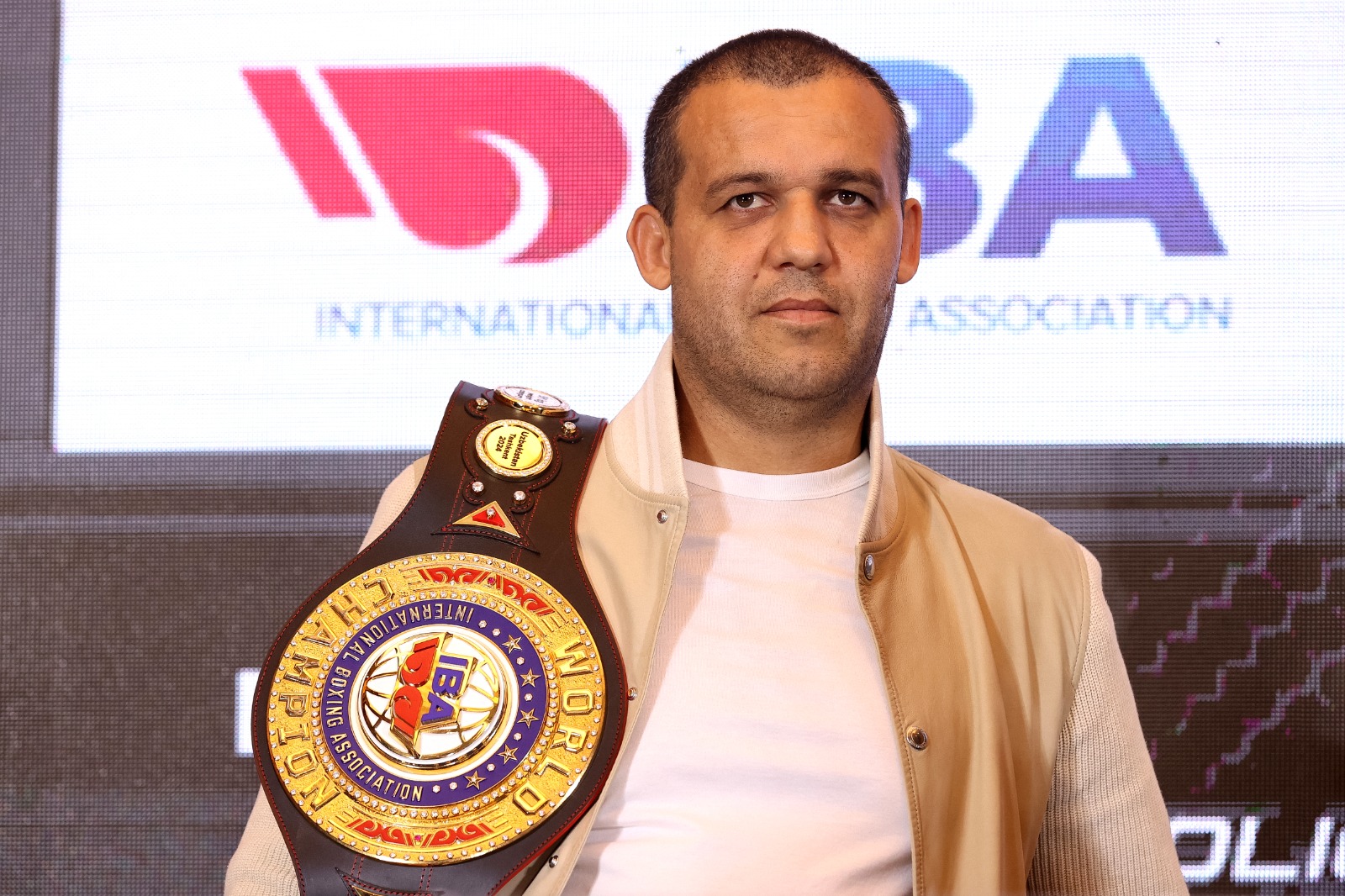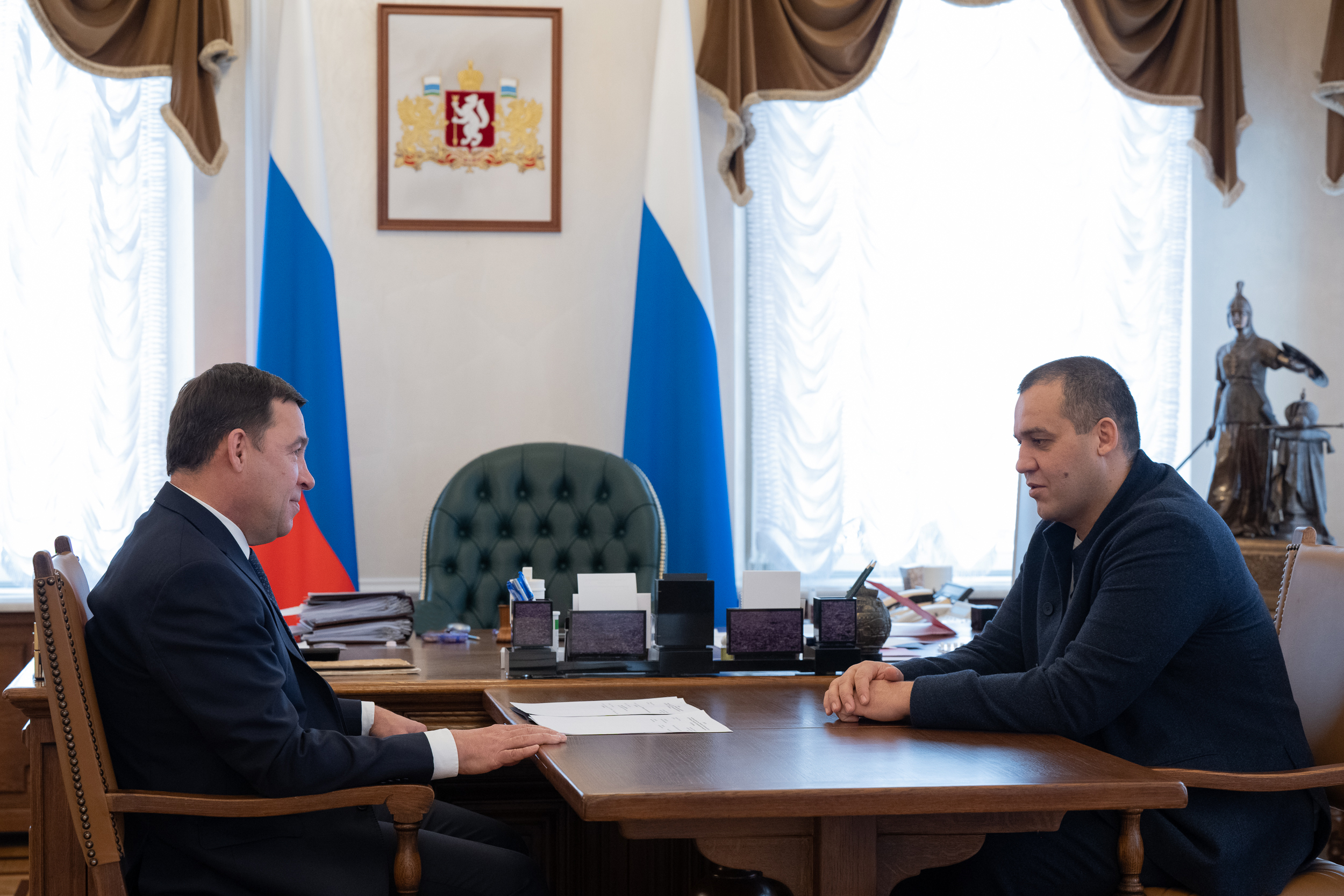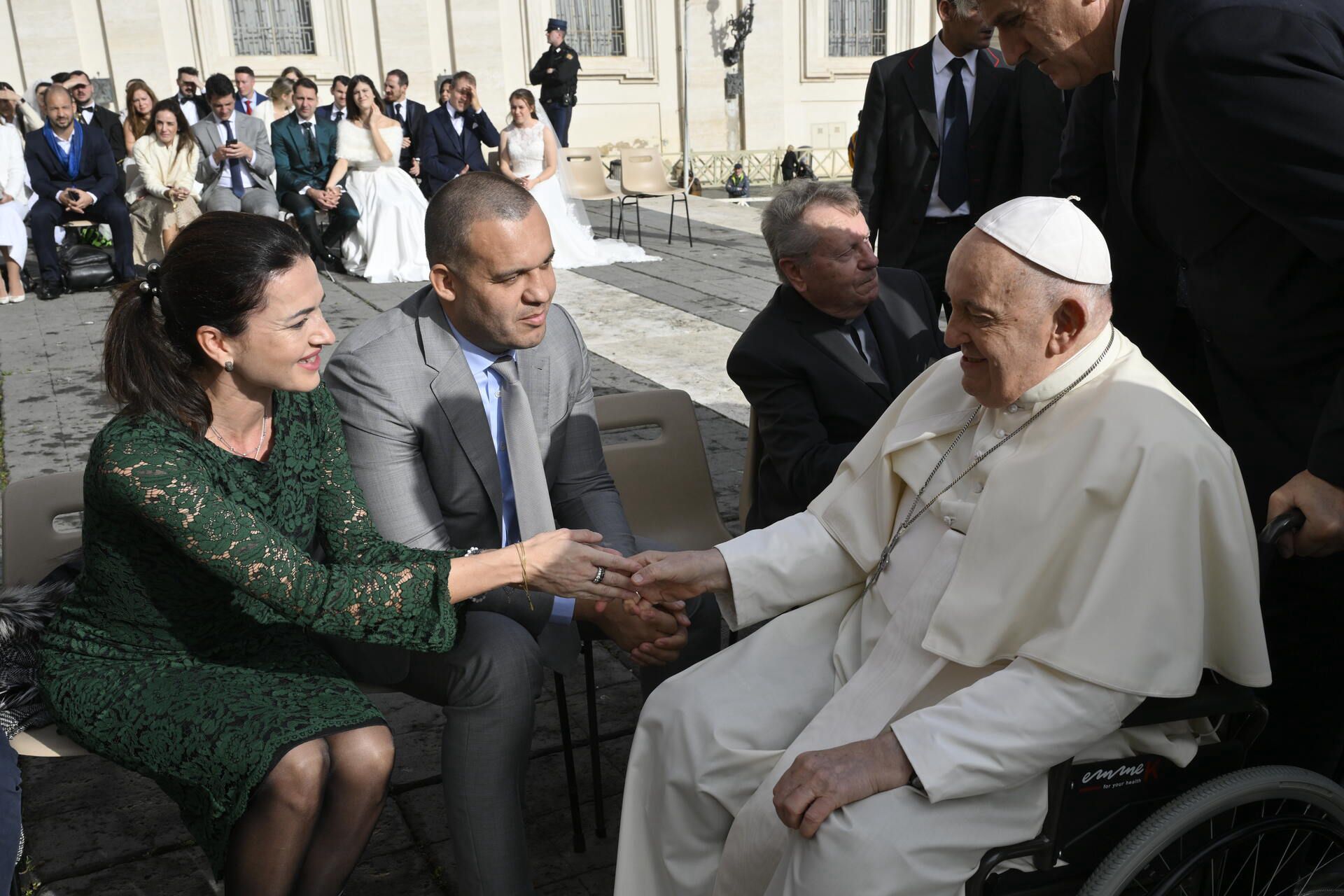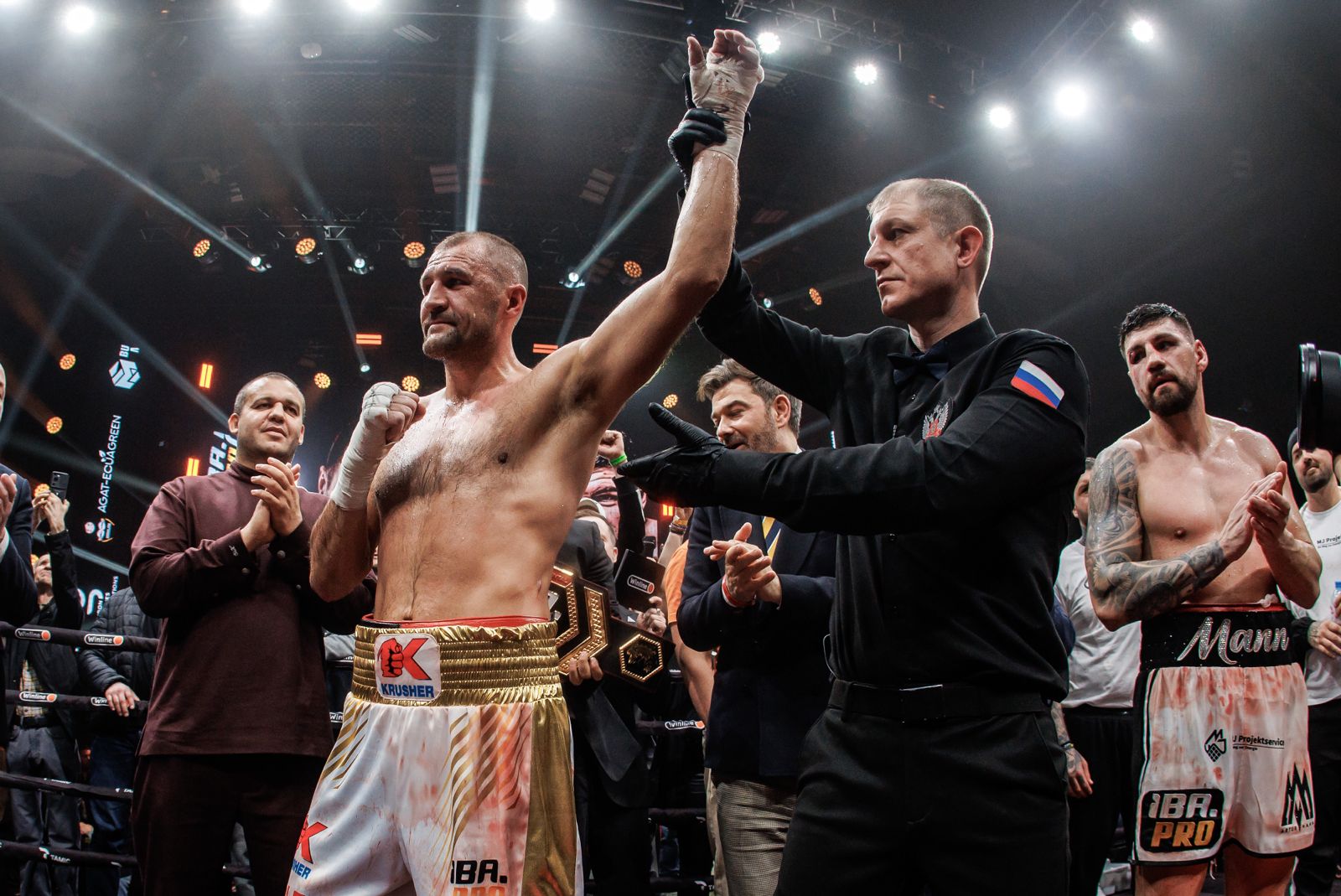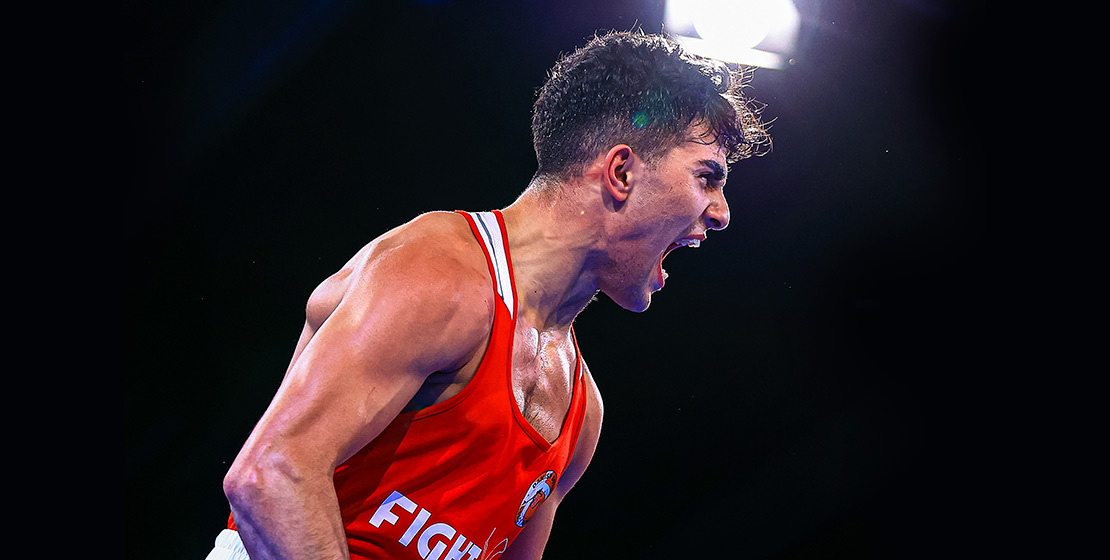Cape Verde’s first ever Olympic Games medallist David Pina disappointed with the outcome
September 12th, 2024 / AFBC, African Corner
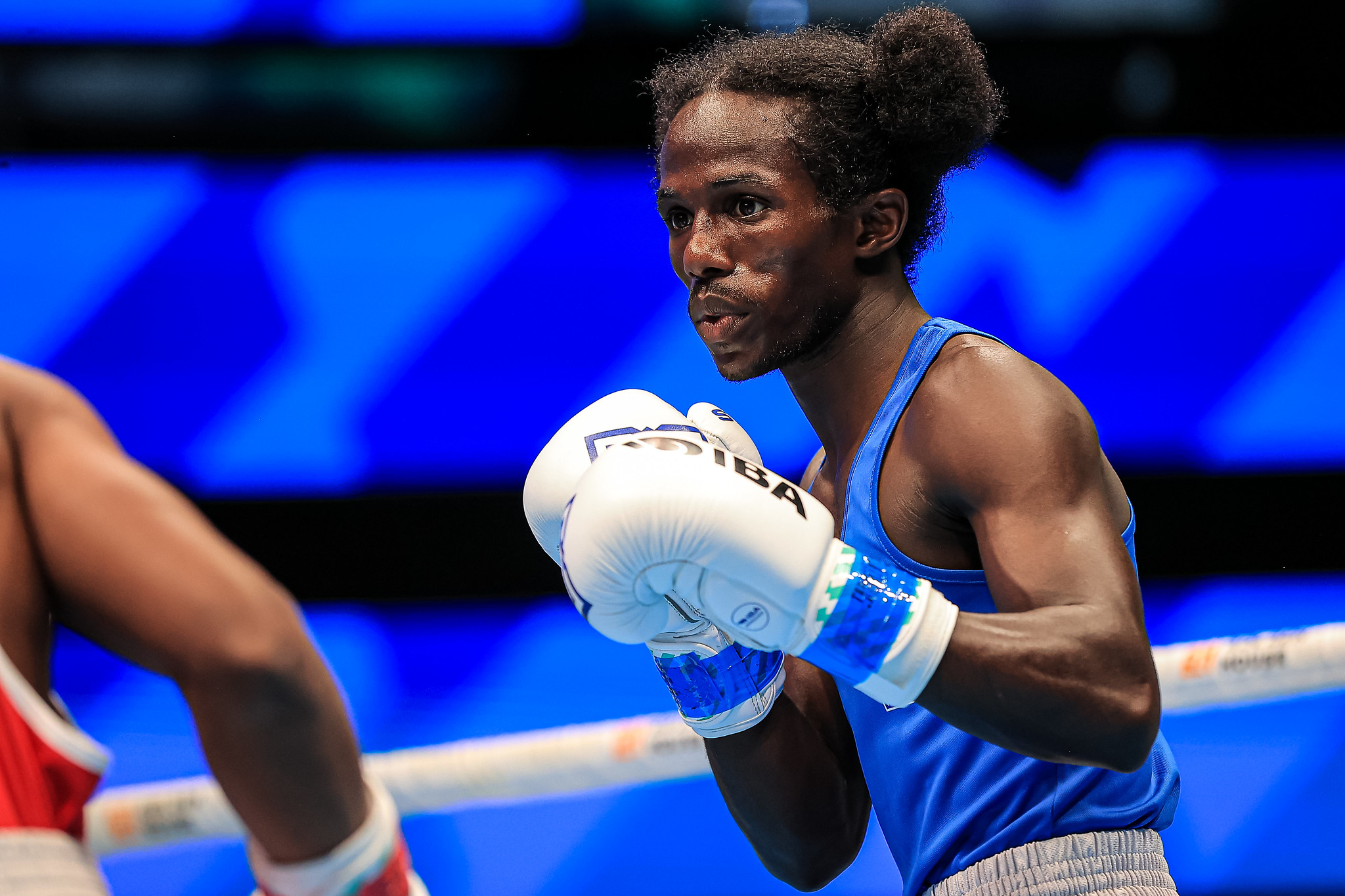
’I thought my life would change because of my achievement, but I’m still the same like I was before the Olympics’
Cape Verde’s Olympic Games bronze medallist David Pina was over the moon when he made history as the first-ever medal holder for the West African Island nation in Paris.
Pina punched his way to the semi-finals following an upset he delivered over fancied Zambian African Games flyweight champion, 2022 Africa Elite Championships gold medallist and Commonwealth Games bronze medallist Patrick ‘Baddo’ Chinyemba.
Even before stepping into the ring for the semi-finals, Cape Verdeans had already uncorked their imaginary champagne bottles celebrating their first-ever Olympic Games medal. They knew, win or lose, they already had made a history.
Pina lost his semi-final bout on points to Uzbekistan’s World champion and 2016 Rio Olympics gold medallist Hasanboy Dusmatov, who claimed another Olympic gold in Paris.
‘I was so happy despite losing to Dusmatov, I had won my country’s first Olympics medal, I just felt on top of the world,’ Pina said in a telephone conversation from Lisbon where he is based with his family, wife Cindy, two children, seven-year-old Hellen and three-year-old Miller.
‘To be honest, I knew my life would change for the better should I win the first Olympic medal for my country, but I was so disappointed the government rewarded me with only five thousand dollars, it’s nothing compared to what I achieved.’
Cape Verde, an archipelago of ten volcanic islands off the coast of West Africa, was appearing in the Olympic Games boxing tournament for the fourth time having made their debut in the Athens 2004 Olympics, and then featured at the Rio 2016 Games and Tokyo 2020 Olympics.
‘Unfortunately, my country doesn’t have plans for sports, they don’t guarantee our future as athletes and life after their career,’ Pina said.
The boxer explained how he used the $5000 reward he received from the government.
‘I paid my rent for five months in Portugal and shared some it with my coach, Bruno Carvalho, it’s finished now I have nothing important to show for the bronze medal I won in Paris. They told me that was the amount for a bronze medal as per the regulations. Gold medal is $15,000, silver $9,000 and bronze $5,000. They might say we’re a poor country and they can’t give more, but maybe in the future they might improve.’
While Pina may have been disappointed with his reward, he was not surprised.
‘Governments in Africa just rule the country without thinking how sports can change our lives, and this lack of incentives and motivation has also contributed to the low standard of boxing in Africa, boxers are not motivated because there’s nothing they’ll receive if they do well.’
Pina, however, said he has no bad feelings for his country following their failure to change his life from his Paris bronze medal feat, and he will continue soldiering on.
‘I’m feeling okay. In any case I’ve always done without them. They took pictures with me happy for what I did, that’s all they can do,’ he said.
‘Now I will just continue doing my work, maybe things might change in the future. I have proposals from sponsors that could boost me. I will see how things go, if there’s no improvement, I will quit boxing and start working for my family. I won the first Olympic medal for my country, and I just received that tiny amount, that means I cannot wait for my life to change in boxing. I will have to quit.’
Does he have any plans to turn professional?
‘I may turn professional because that would improve my life if I get a good manager who can assure me my life will change, for now I keep doing amateur boxing and aim for gold in Los Angeles in 2028.’
Remembering his bout with Dusmatov, now two-time Olympic champion, Pina said: ‘I knew it won’t be an easy fight, he is a decorated boxer. That said, his titles didn’t bother me much, I had no fear because he’s a man like me, we will fight it out in the ring. He was the favourite because Uzbekistan is also one of the top boxing countries in the world.’
Pina said he was not himself in the last two rounds after the judges gave Dusmatov the first one.
‘The first round was not fair; I did everything to win but I was surprised the judges gave him a 4-1 on the scorecards. After that my morale went low for what the judges did, and that influenced the whole result, as an experienced boxer I accepted the result, I will beat him clean next time we meet, there’s nothing special in Dusmatov.’
Focus on Africa boxing now turns to the Africa Elite Championships in DR Congo’s capital city, Kinshasa, from 16-26 October 2024. Pina has not decided yet if he will fight in DR Congo.
‘I started training at the beginning of the month, but I don’t know whether I will be ready. Of course, I want to be African champion and win a world title. That’s my goal and then I want to become Olympic champion in 2028.’
Pina’s disappointment in failing to be rewarded substantially as he had expected is a familiar story in Africa boxing.
In fact, he is lucky that he received $5000 reward from the government.
Africa’s past Olympic boxing medallists got nothing. They include Nigeria’s first-ever Olympic medallist Nojim Maiyegun, Ghana’s trio of Clement Quartey (1960 silver), Eddie Blay (1964 bronze) and Prince Amartey (1972 bronze), Uganda’s Leo Rwabogo (1968 bronze, 1972 silver), Eridadi Mukwanga (1968 bronze) and Kenya’s seven Olympic medallists among them Philip Waruinge (1968 bronze, 1972 silver) and his compatriot Robert Wangila (1988 gold).
The IBA is aiming to reward its boxers for the achievements, and, as announced, will award Olympic medallists prize money. Our goal is to create conditions for our athletes, coaches and National Federations.


